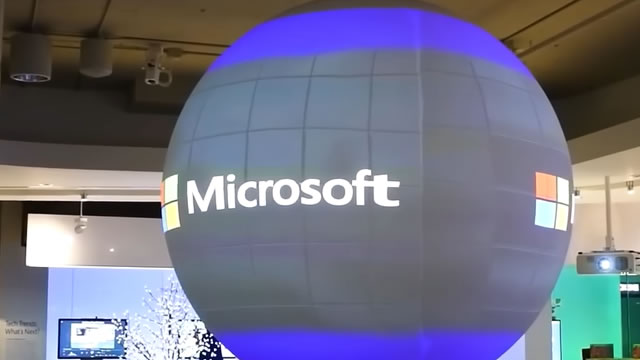Microsoft’s Quantum Leap: Majorana Chips and the Future of Quantum Computing
In a world where data is the new oil, the race to build a functional quantum computer has become a modern-day gold rush. Among the major players, Microsoft has recently made significant strides with its development of Majorana chips, which could potentially bring practical quantum computers closer to reality.
What Are Majorana Chips?
Majorana chips are a type of quantum hardware that could revolutionize the field of quantum computing. Named after the Italian physicist Ettore Majorana, these chips are based on topological qubits, which are more stable and less error-prone than the superconducting qubits used in most current quantum computers.
Why Is Microsoft Ahead of the Game?
Microsoft’s advantage lies in its investment in both the hardware and software aspects of quantum computing. The company’s research team, led by Dr. Matthias Troyer, has been working on Majorana chips since 2018. In addition, Microsoft has also been developing its quantum operating system, QuOWl, and quantum development kit, Q#, to make quantum computing more accessible to developers.
The Market’s Indifference
Despite this groundbreaking news, the market has largely ignored Microsoft’s advancements in quantum computing. This is due in part to the field’s early stages and uncertain commercial timelines. Quantum computing is still in its infancy, and it remains to be seen how it will impact various industries and businesses.
Implications for Individuals
For individuals, the potential impact of Majorana chips and quantum computing could be significant. Quantum computers have the potential to solve complex problems much faster than classical computers, leading to advancements in fields such as medicine, finance, and materials science. However, the technology is still in its early stages, and it may be some time before quantum computers become widely available and affordable for individual use.
Implications for the World
On a larger scale, the development of Majorana chips and practical quantum computers could have far-reaching implications for the world. For instance, quantum computing could lead to the discovery of new materials, the optimization of complex systems, and the development of new technologies such as quantum cryptography and quantum machine learning. However, it could also pose challenges, such as the need to develop new security protocols to protect against quantum hacking.
Conclusion
Microsoft’s development of Majorana chips marks a significant step forward in the race to build practical quantum computers. While the market may be indifferent for now, the potential implications for individuals and the world are vast. As the field continues to evolve, it is essential to keep an eye on Microsoft’s progress and the broader developments in quantum computing.
- Microsoft’s Majorana chips could bring practical quantum computers closer to reality
- Majorana chips are based on topological qubits, which are more stable and less error-prone than current quantum hardware
- Microsoft has a significant edge in quantum hardware and software development
- The market has largely ignored Microsoft’s advancements due to the field’s uncertain commercial timelines
- Individuals could benefit from quantum computing in various fields such as medicine, finance, and materials science
- The world could see significant advancements in fields such as materials science and the development of new technologies





